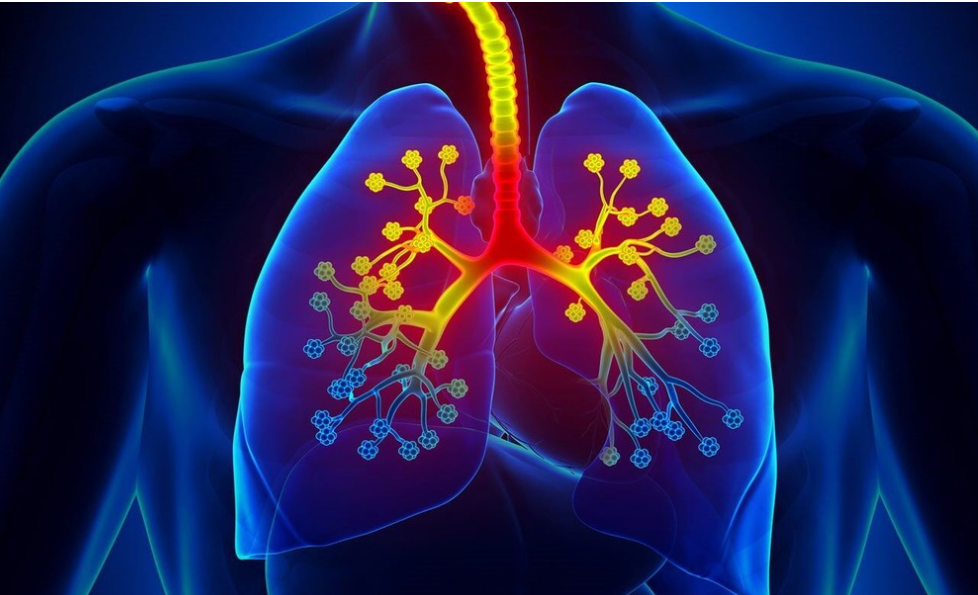What is Asthma?
Asthma is a chronic respiratory condition that inflames and narrows the airways (bronchial tubes), causing swelling, excess mucus production, and breathing difficulties. This constriction leads to symptoms like shortness of breath, wheezing, and coughing. Even when symptoms aren’t present, asthma remains an ongoing condition.
People of any age can develop asthma, with symptoms ranging from mild to severe. Even those with infrequent flare-ups can experience dangerous asthma attacks if their condition isn’t properly managed. All severity levels can disrupt daily life, making proper treatment essential.
Although asthma has no cure, its symptoms can be controlled, and the frequency of attacks minimized. Symptoms vary from person to person and may change over time, which is why regular check-ups with a doctor or asthma specialist are crucial. These visits help monitor the condition and adjust treatment as needed.
Symptoms of Asthma
Common asthma symptoms may include:
Difficulty breathing (shortness of breath)
Chest tightness, pressure, or discomfort
Persistent coughing
A high-pitched whistling sound when breathing out (wheezing), which is particularly frequent in asthmatic children
Increased coughing and wheezing during colds, flu, or other respiratory infections
Night time breathing troubles, coughing, or wheezing that disrupts sleep
Asthma symptoms vary from person to person—they may fluctuate seasonally or change over a lifetime, ranging from mild to severe.
During an asthma flare-up, symptoms can worsen, making breathing more difficult, increasing wheezing, and requiring more frequent use of medication.

Causes of Asthma
The exact cause of asthma remains unclear, and triggers can differ from person to person. However, genetics and environmental factors are known to play a role. If a close family member has asthma, your risk of developing it increases. While asthma often begins in childhood, it can also develop in adulthood.
Asthma frequently results from an overactive immune response to allergens like pollen or dust mites. Not everyone reacts to the same triggers, and some may experience stronger reactions than others. The reasons for these differences are not fully understood, but genetics likely contribute.
Risk Factors for Developing Asthma
Family history – Having a parent or sibling with asthma
Allergic conditions – Such as hay fever, eczema, or food allergies (atopic conditions)
Smoking – Active or passive exposure, including during pregnancy or childhood
Obesity
Early respiratory infections – Particularly in infancy
Premature birth or low birth weight
How Asthma Affects the Airways
In healthy lungs, airways remain open, allowing easy airflow. However, in people with asthma, the airways are overly sensitive and inflamed. When exposed to triggers, they can tighten, swell, and fill with mucus, making breathing difficult.
Common Asthma Triggers
Triggers vary among individuals and may include:
Exercise (especially in cold or dry air)
Smoke, air pollution, or chemical fumes
Respiratory infections (colds, flu)
Allergens (dust mites, pet dander, pollen, mold)
Weather changes (cold air, humidity, thunderstorms, sudden temperature shifts)
Certain medications (beta-blockers, some painkillers)
Strong emotions or stress
Food additives (sulfites in dried fruit, shrimp, beer, wine)
Acid reflux (GERD)
Identifying and avoiding personal triggers can help manage asthma. However, with proper anti-inflammatory treatment, sensitivity to triggers often decreases, leading to better symptom control.
